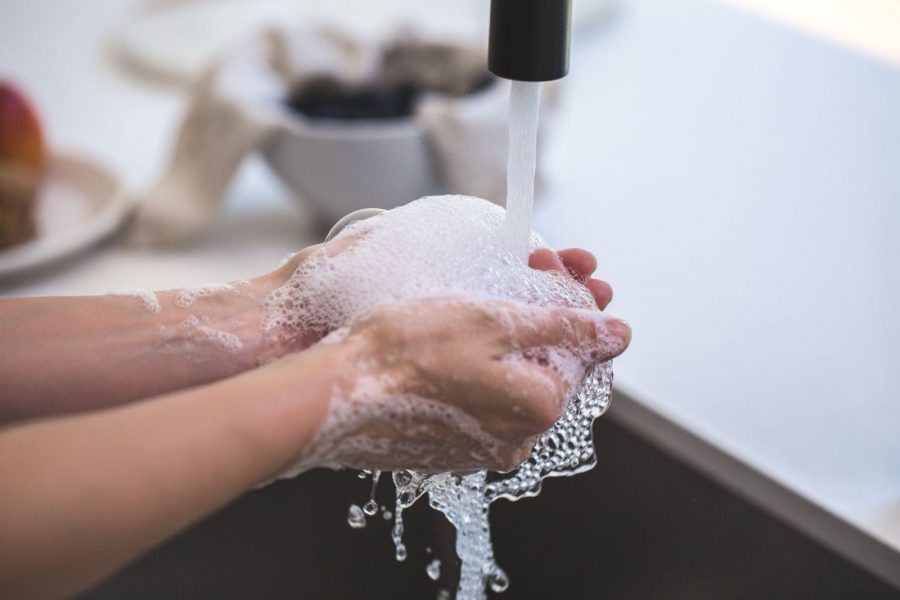How is COVID-19 affecting your day to day?
Before we look at coronavirus in the superyacht industry here’s a quick round-up of the facts:
- The World Health Organization (WHO) has named the Coronavirus, COVID-19
- Coronavirus (COVID-19) was first reported towards the end of 2019 in central China
- Originated in Wuhan
- Estimated that most healthy people who contract COVID-19 will recover uneventfully with mild to moderate symptoms, but for those with underlying health issues there is increased severity
- It’s most likely transmitted through infected respiratory droplets, transmitted by coughing, sneezing or naturally airborne, so can be contracted simply by talking to one another
- It’s possible to contract COVID-19 either by having contact (directly or indirectly) with infectious droplets or touching the face
- Risk remains low if you haven’t travelled to an area with community transmission or been in close contact with someone with the coronavirus.
Online Industry Advice
The situation is obviously constantly changing, by country, by region, by case, but the international NGO of humanitarian aid, MedAire suggests keeping a regular check on global health authority travel advisories, adjusting plans accordingly and taking the recommended precautions. In the meantime, The Centers for Disease Control and Prevention (CDC) has a Geographic Risk Assessment showing the latest information about the countries with widespread sustained transmission.
- It’s recommended that all unnecessary travel to highlighted areas should be avoided
- If you or any crew have visited one of the areas, the advice is keep an eye on your health for 14 days, take your temperature twice a day, a fever is a temperature of 38°C/100°F+, and watch out for a cough or difficulty breathing
- If symptoms occur, the advice is “remain off-vessel until proven to be symptom free”
- Obviously, it’s not just crew at risk; charter guests, suppliers, visitors and crew coming on board should all be assessed too, including; symptoms, previous travel and contact history
- Health officials have said “they should not board if they’re either travelling from a high-risk area or suffering symptoms including; fever, cough, or shortness of breath.
Precautions and best practise recommended for crew to help protect those on board.
- Face masks recommended for ill people (and those in close contact with them or within two meters/six feet) to protect others at risk of infection
- Face masks not recommended for those who are healthy (evidence suggests wearing a mask doesn’t protect people who aren’t already ill.)
As a minimum, vessels should have a plan ready for if someone on board does become ill, at the very least it puts guest’s and crew’s minds at rest:
- a dedicated room to isolate the ill person
- a dedicated person kitted with personal protection equipment (PPE) to look after them
- follow the CDC recommendations for cleaning
- ensure the onboard medical kit has PPE, including; masks, gloves, eye protection, gowns and biohazard bags
- be fully aware of how to dispose of the above materials properly.
Plan and prepare for guests and crew joining the vessel, consider the number and duration of their voyage:
- Ensure plenty of soap, tissues and hand sanitiser onboard
- Maintain good cough etiquette (use tissues and dispose of them immediately)
- Maintain good personal hygiene, including hand cleanliness
- Wash your hands frequently, use hand sanitiser (60-95% alcohol) if soap and water unavailable
- Avoid touching your face
- Install hand sanitiser stations outside entrances to communal areas
- Add to the frequency crew clean commonly touched surfaces; handrails (inside and out), countertops, doorknobs.
The situation is obviously incredibly fluid and continues to change on a daily basis, so it’s worth checking in with reports on the ground (as well as online) depending on where you are travelling to and from.
Understanding, good planning and flexibility with travel arrangements is obviously key to dealing with the day to day changes in circumstance and the yachting industry’s commitment to preventing the ongoing spread of the virus.


